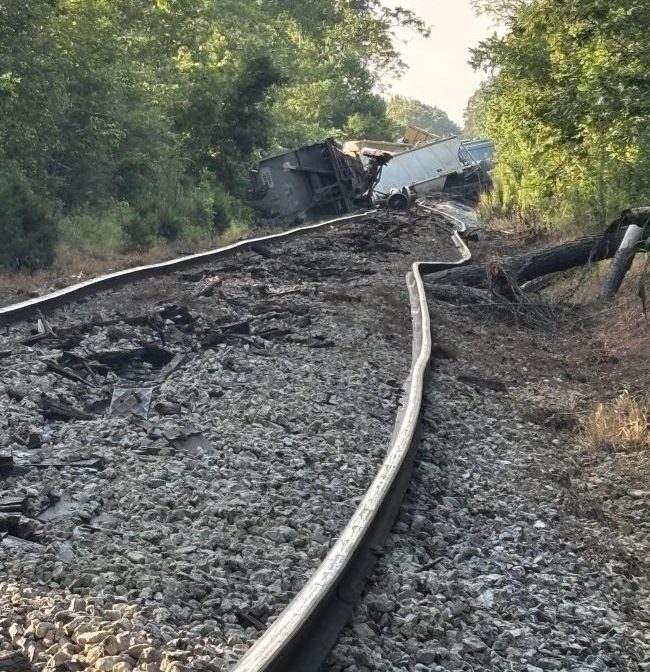Football Game Prayer
Published 12:00 am Friday, November 12, 2010
By Rupert Howell And Billy Davis
A moment of silence will be held before tonight’s playoff game between South Panola and Grenada.
But not the traditional student-led prayer.
Trending
The traditional pre-game prayer over South Panola’s stadium public address system was abolished previously but reinstated when Dr. Keith Shaffer was appointed superintendent in 2005.
“We’ve been breaking the law ever since I’ve been superintendent,” Shaffer said.
“We are now following the law,” he added.
Shaffer reinstated the prayer, in 2005, after a group of students belonging to the Fellowship of Christian Athletes approached him.
And Shaffer said it was his call to again halt the pre-game prayer after the school district was advised of a 2000 U.S. Supreme Court decision barring the practice.
Supreme Court justices announced their 6-3 decision in June 2000.
Trending
Shaffer also noted the original case, Sante Fe Independent School District vs. Doe, that went before the U.S. Fifth Circuit Court of Appeals.
The court ruled against student led, student-initiated prayer at football games.
The Sante Fe case went from the Fifth Circuit to the Supreme Court, where the controversial decision reverberated across public school districts in the country.
South Panola, at the time, immediately dropped the pre-game prayer, leading local ministers to announce a public-led reciting of the Lord’s Prayer.
South Panola School Board attorney Colmon Mitchell received an e-mail from a fellow attorney advising him of the decade-old Supreme Court decision, Shaffer said.
The attorney had been attending a ballgame when the prayer was conducted.
Shaffer said he has informed school board members of the decision.
“We were challenged on that and we’ll abide by the law,” said school board president Lygunnah Bean.
“But you can tell people I’m still going to pray, just not over the intercom.”
Shaffer explained that earlier instances in other schools included the ACLU, American Civil Liberties Union, sending a letter of warning to offending schools.
More recent cases, however, involved the ACLU just filing suit naming school “administrators and policy makers personably liable,” Shaffer explained.
Then it becomes an issue of “What are we going to do? How much are we going to pay?” Shaffer further stated.
“I don’t like it but then what are we teaching our kids: ’We can pick and choose which what laws we obey?’”





